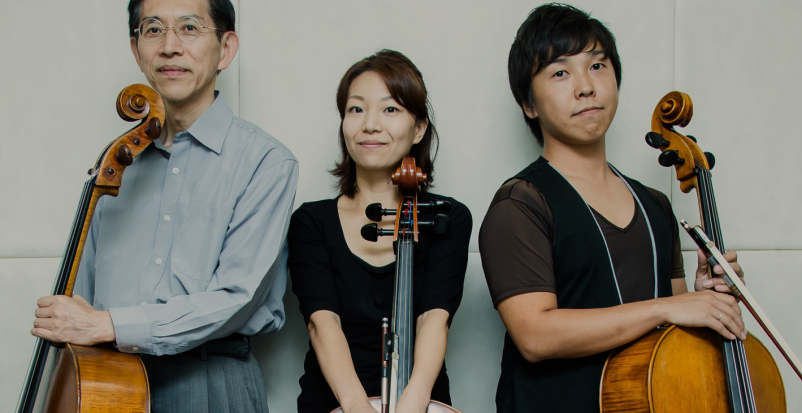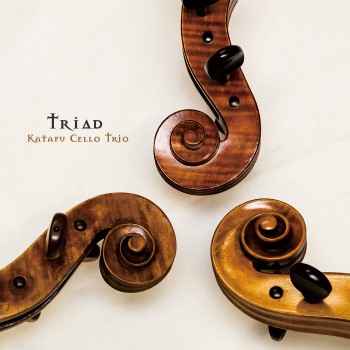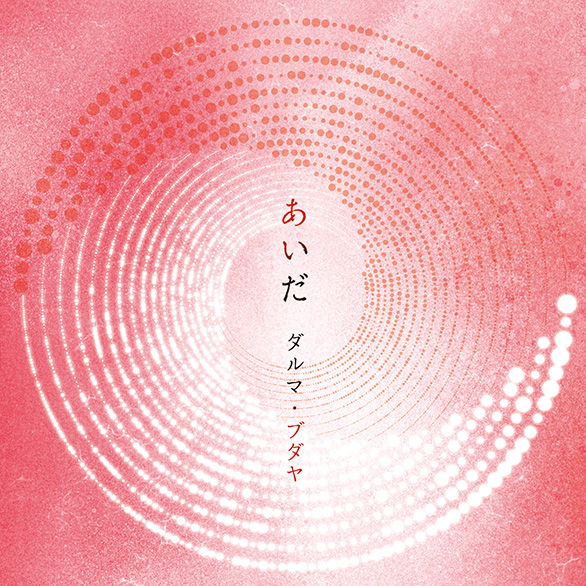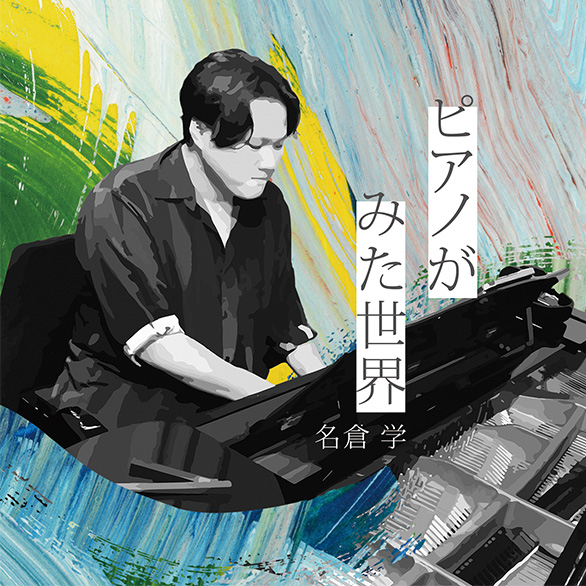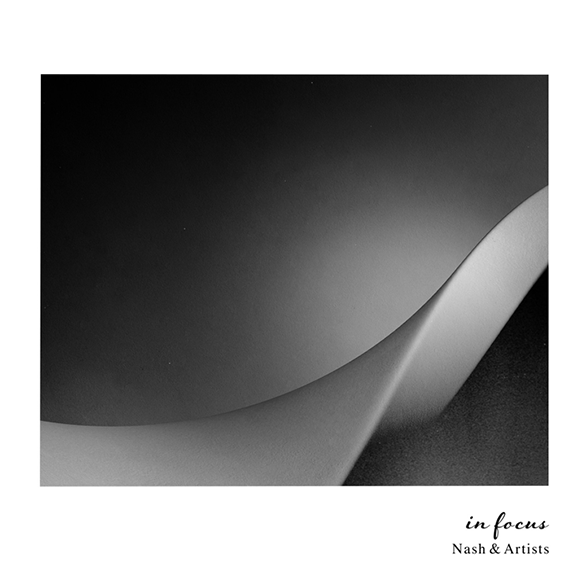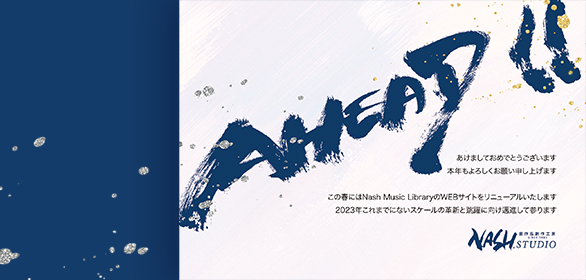This album features three Japanese cellists (shown from left to right in the photo): Osamu Kashiwamori, Hiromi Takenaka, and Katsumasa Fujiwara. A variety of unique compositions stimulated the cellists, straddling classical music, traditional Japanese music, and rock riffs, and they thoroughly absorbed each piece with their special sensibility that combines a Japanese spirit with Western training.
Triad
by
Katafu Cello Trio
As the leader, Kashiwamori stabilizes the ensemble with his reliable and well-practiced calmness. As the only female member, Takenaka adds a delicate touch of elegance and sophistication to the whole sound. Immensely dynamic and youthful, Fujiwara handles even the most challenging fingering. They each play very differently.
In the traditional musical context, especially in the classical genre, the ensemble often requires all cellists to play the same phrases or melodies simultaneously. However, the principal concept for this album, "Triad" was to divide roles into three parts, such as melody, backing, and bass, among three players. As the producer and composer for the album, I consciously wrote pieces that would emphasize the different characteristics of the three.
The album also includes Kashiwamori's original compositions.
Imaginative Commitment to the Number "3"
・ In this emotional tune called "Hard Triad," the three cellists play their respective roles for the dramatic love triangle theme as if they were acting the main parts in a movie.
・The heroic melody of the "Three-Party Dance" depicts a dynamic triangular fight scene – this may turn out to be the perfect soundtrack for chanbara (sword fighting) scenes in Japanese period dramas or action movies.
・The rock tune "Quick Sand" expresses the Three Poisons of Buddhism (three afflictions or character flaws innate in human beings and the root cause of suffering, pain, and rebirth) fated for the protagonist of a famous Ryunosuke Akutagawa novel, "The Spider's Thread."
・ The "Sword of Sparks" vividly reproduces the process of swordsmithing, in which each of the three players takes on the roles of "striking (the melody)," "sharpening (the backing)," and "holding (the bass)," respectively.
Furthermore, the album includes experimental songs, such as "East-Southeast Wind," in which the smallest units of phrases mutate as they would in a contemporary piece of minimal music. The famous Japanese festival-themed track, "Tenjin" imitates the unique technique employed in taiko (Japanese drums) and surigane (metal Japanese percussion) performance. All of the album pieces are original works, including the "impossible" classical-style tune, "Triple Peaks," in which it was challenging to achieve certain high notes, a special and unique reverberation that is found only in the sound of the cello.
The individual charms and skill of the three performers shine through in every song.
Manabu Kondo (Produer of "Triad"/ Production Director)

